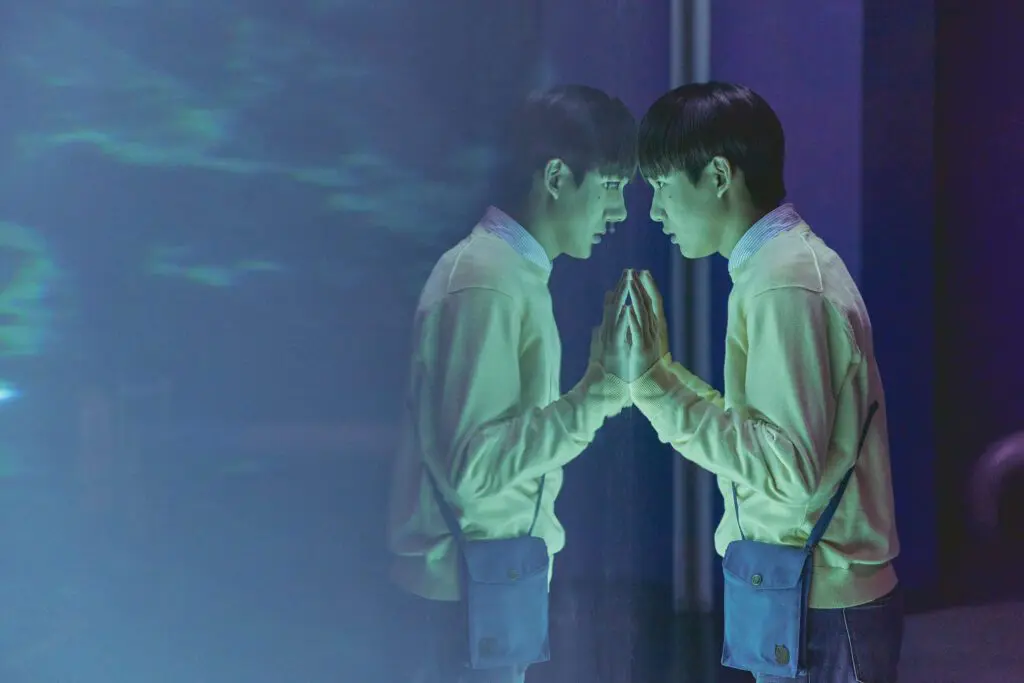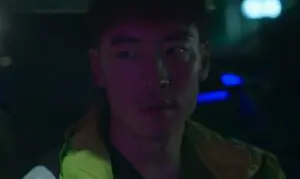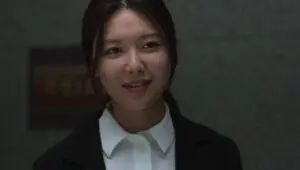Summary
The cast deserves all its praises for imagining this simple yet complicated world, where loss & grief are often misunderstood but are a regular everyday event.
This review of the Netflix K-Drama series Move to Heaven season 1 contains no spoilers — the series was released in full on May 14, 2021.
Only a few weeks ago, I was sat typing with a tear-soaked face after finishing the heartbreaking series Navillera — flit to today, and Netflix has released another k-drama series that persistently pulls at the heartstrings. Move to Heaven, an exclusive Netflix k-drama series, is a wonderful story that manages to raise the importance of family succinctly.
Initially, in the pilot episode, it follows young man Geu-ru (played by Tang Jun-sang) who helps his father Jeong-u (played Ji Jin-hee) run a trauma cleaning company for the deceased. The premise is morbid by nature, as the characters are continuously dealing with death and the grief that follows. Geu-ru has Asperger syndrome, and the story toyingly plays with the audience’s heart as his father finds the little moments to find ways to bond with his son. However, the series quickly takes a different direction as Geu-ru has to deal with a personal tragedy of his own, and his entire living situation changes forever.
It’s not all doom and gloom — Move to Heaven season 1 slyly pulls the audience into a false sense of security; it relies on the perspective of Geu-ru to bring defining moments; his quirky and logical approach brings light to the darkest of situations. It’s absolutely a series that can have audiences laughing one minute but then having their eyes well up the next. The characters can only be loved, despite each one of them bearing their own flaws.
If you encapsulate everything that Move to Heaven stands for, then it is most certainly family. The theme centers the story like a sore thumb, imagining moments of regret, love, despair, and every other major emotion that can involve family. And that is why this series works so incredibly well; of course, it has brilliant writing behind it, but it angles it from a “no judgment” perspective. The series understands that we are far from perfect as human beings, and the story does not try to idealize any family, friend, or acquaintance. But, unfortunately, there’s no such thing as perfect, and Move to Heaven undoubtedly relies on the success and pitfalls of human conditioning.
To expand on that notion, human behavior is the core motive in this k-drama series. Audiences will find themselves analyzing behaviors as the prop to what will happen next — it’s rarely a story that coats itself in exposition. It’s beautifully character-driven. The cast deserves all its praises for imagining this simple yet complicated world, where loss & grief are often misunderstood but are a regular everyday event.
There’s plenty of k-drama on streaming services at the moment, but Move to Heaven needs to be added to everyone’s list.




